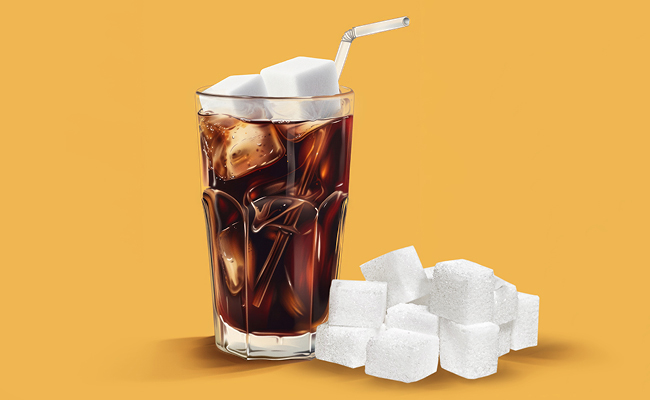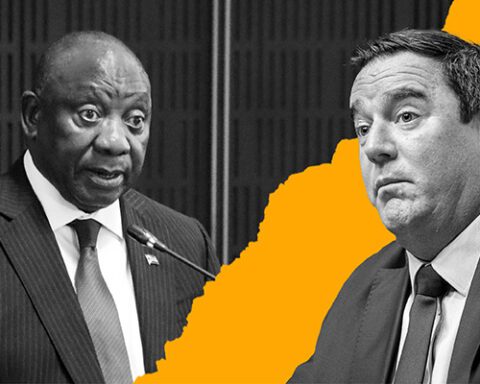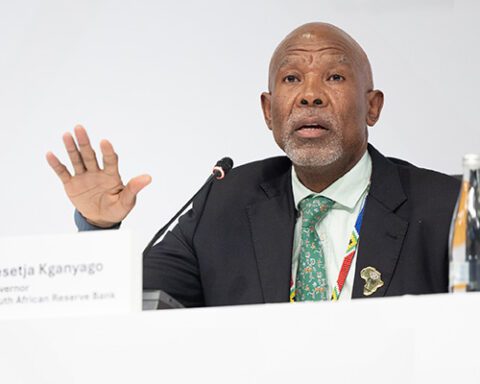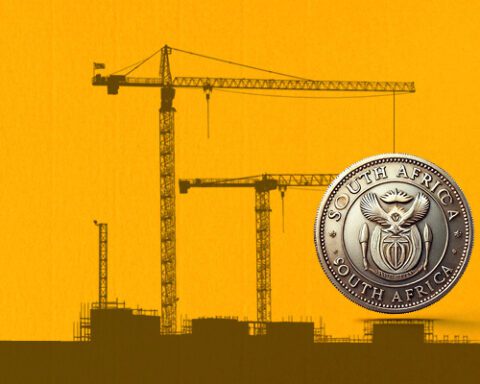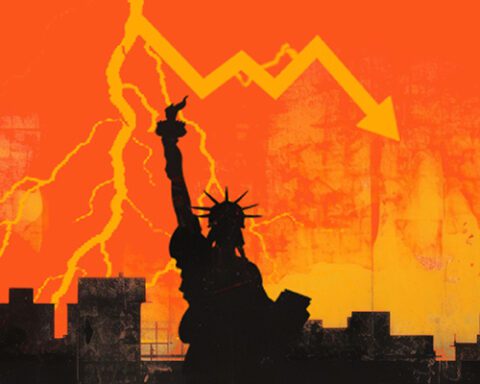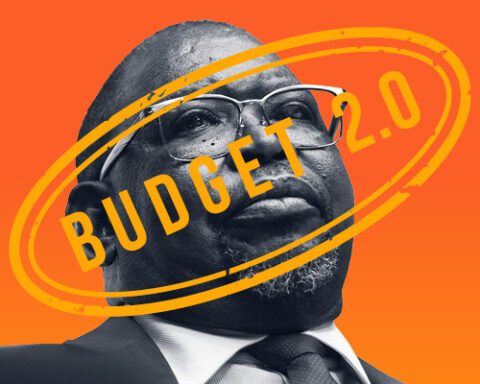Taxes aimed at changing behaviour tend to sometimes change the lexicon instead.
Depending on the sophistication of the cocktails ordered at your local watering hole, you might have heard the phrase “with full-cream coke”.
This usually follows the words “double brandy”, “double rum”, or “milk” (if some barfly is ordering a brown cow), and the intention is to avoid being served a mixer that claims to have the original taste but doesn’t have the sweetness.
For the connoisseur, not getting the full-sugar version means spoiling perfectly good karate water.
When the health promotion levy – that is Treasury-speak for a tax on sweetened drinks – was introduced in 2018, the large beverage manufacturers almost instantly responded by lowering the sugar content of just about everything from iron brew to creme soda and piling in non-nutritive sweeteners.
The result: if you want a coke that still tastes like the one you had a decade ago – sugar and all – you need to buy either a can or a one-litre bottle. Those two-litres say “original taste” but also “less sugar”, hence the need to specify “full-cream”.
The state has nevertheless managed to rake in a total of R16bn in duties since. Which shows you that even “less sugar” contains plenty of taxable crystals. Seven supposedly lean years for consumers turned out to be seven relatively fat ones for the fiscus. This coming year, Treasury’s take is expected to be another R2.45bn, the latest budget documents show.
It is not only all those drinkers that are unhappy about the tax, though. The sugar industry has long asserted that by lowering local demand, government is destroying jobs and livelihoods and making it much less viable to grow and refine sugarcane in South Africa. Everyone from canegrowers to sugar producers have advocated for the tax to be scrapped.
A move to diversify
But taxes, once out there, don’t get pulled back that easily. And many in the industry fear the levy could be expanded to include more foods and drinks.
Had the budget been tabled this week as planned, there would have been some sighs of relief as an inflationary increase in the levy, pencilled in for this year, was put on hold.
“Government proposes to cancel this increase to allow the sugar industry more time to restructure in response to regional competition,” read the Budget Review.
The South African Canegrowers Association, an industry body representing 24,000 small-scale and 1,200 large-scale sugarcane growers, cautiously welcomed the move, and is now holding thumbs that the decision will be unchanged in the final budget speech in March.
But with the budget now in limbo for three weeks, who knows what taxes and increases are back on the table. There will be plenty of holes to plug if finance minister Enoch Godongwana’s two percentage point VAT hike doesn’t get the support it needs from his partners in the government of national unity, and members of his own party.
An interest group called the Healthy Living Alliance (Heala) has actually been pushing hard to extend the reach of the health promotion levy. It wants the sugar in fruit juices to be taxed too, and an online petition has garnered 6,000 signatures to this effect.
Heala clearly isn’t that sweet on the Treasury’s stance.
“Pure insanity,” programme manager Petronell Kruger has called it. “In a budget where revenue constraints are so significant that a 2% VAT increase was almost pushed onto the South African public, to continue to allow the sugar industry to meander at the expense of our public health and wallets is flagrant incompetence.”
The South African Sugar Association, another industry body, declined to comment on the latest move and said it would wait and see what comes out in the budget when it’s finally tabled. But the association’s CEO, Sifiso Mhlaba, last week called for a moratorium on increases in the tax until 2030.
This is to allow the industry to diversify into new areas – away from mostly selling refined sugar and with a sharper focus on other uses for sugarcane. Bioplastics and even jetfuel are mooted as potential manufacturing options using sugarcane as an input. And the industry will meet agriculture minister John Steenhuisen later this week to discuss it further.
The health promotion levy is aimed at sugar-sweetened beverages with more than 4g of sugar per 100ml. At 2.1c per gram of sugar above that threshold, the tax results in an effective rate of 10% to 11% per litre of the beverage.
South Africa’s sugar producers, most of them in KwaZulu-Natal and Mpumalanga, have had a bitter two decades, with sugar production down by nearly a quarter over the period. Cheap imports from megaproducers such as Brazil did some real damage. Then, when the sugar tax was first introduced it hit consumption hard, cutting sugar sales by more than 25% to 1.25Mt.
Sales have since recovered to the pre-levy level of about 1.5Mt a year, but with company failures like Tongaat a stark reminder of the industry’s frailty, any further taxes will have to be very carefully thought through.
Sign up to Currency’s weekly newsletters to receive your own bulletin of weekday news and weekend treats. Register here.
